Filter by
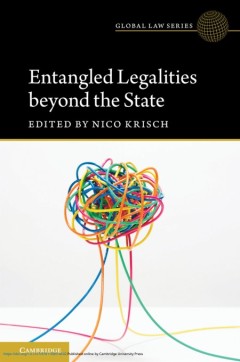
Entangled legalities beyond the state
Law is usually understood as an orderly, coherent system, but this volume shows that it is often better understood as an entangled web. Bringing together eminent contributors from law, political science, sociology, anthropology, history and political theory, it also suggests that entanglement has been characteristic of law for much of its history. The book shifts the focus to the ways in which …
- Edition
- 5
- ISBN/ISSN
- 9781108914642
- Collation
- xviii; 502p; ill.
- Series Title
- -
- Call Number
- 340.9 ENT N
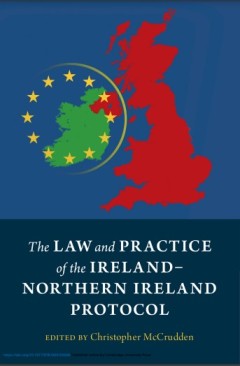
The law and practice of the Ireland-Northern Ireland protocol
The Ireland-Northern Ireland Protocol, part of the Withdrawal Agreement concluded between the European Union and the United Kingdom, is intended to address the difficult and complex impact of Brexit on the island of Ireland, North and South, and between Ireland and Great Britain. It has become an exceptionally important, if controversial, part of the new architecture that governs the relationsh…
- Edition
- 6
- ISBN/ISSN
- 9781009109840
- Collation
- 204p
- Series Title
- -
- Call Number
- 341.37094 LAW C
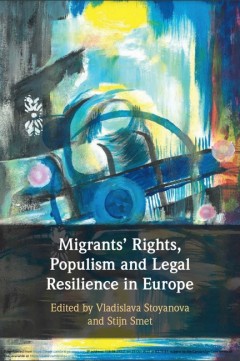
Migrants' rights, populism, and legal resilience in Europe
Bringing together scholars of migration and constitutional law, this volume analyses the problematic relationship between the rise of populism, restrictions of migrants' rights and democratic decay in Europe. By offering both constructive and critical accounts, it creates a nuanced debate on the possibilities for and limitations of legal resilience against populist erosion of migrants' rights. …
- Edition
- 4
- ISBN/ISSN
- 9781009040396
- Collation
- xiv; 394p, ill.
- Series Title
- -
- Call Number
- 342.4082 MIG V
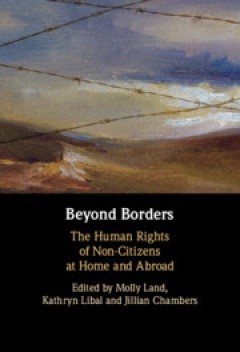
Beyond Borders : The Human Rights of Non-Citizens at Home and Abroad
States have long denied basic rights to non-citizens within their borders, and international law imposes only limited duties on states with respect to those fleeing persecution. But even the limited rights previously enjoyed by non-citizens are eroding in the face of rising nationalism, populism, xenophobia, and racism. Beyond Borders explores what obligations we owe to those outside our politi…
- Edition
- -
- ISBN/ISSN
- 9781108914994
- Collation
- xv, 240 p
- Series Title
- -
- Call Number
- 342.083 BEY V
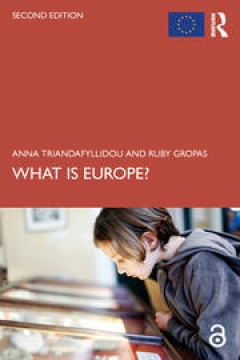
What is Europe?
This authoritative yet accessible introduction to understanding Europe today moves beyond accounts of European integration to provide a wide-ranging and nuanced study of contemporary Europe and its historical development. This fully updated edition adds material on recent developments, such as Brexit and the migrant and Eurozone crises. The concept of Europe is instilled with a plethora of s…
- Edition
- -
- ISBN/ISSN
- 9781003278375
- Collation
- 278 p.
- Series Title
- -
- Call Number
- 940.56 WHA A
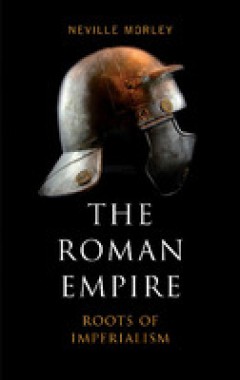
The Roman Empire; Roots Of Imperialism
A millennium and a half after the end of the period of its unquestioned dominance, Rome remains a significant presence in western culture. This book explores what the empire meant to its subjects. The idea of Rome has long outlived the physical empire that gave it form, and now holds sway over vastly more people and a far greater geographical area than the Romans ever ruled. It continues to sha…
- Edition
- -
- ISBN/ISSN
- 9781849645478
- Collation
- Knowledge Unlatched (KU)
- Series Title
- -
- Call Number
- -
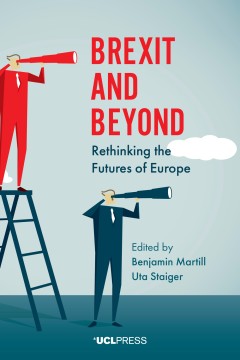
Brexit and beyond : rethinking the futures of Europe
Brexit will have significant consequences for the country, for Europe, and for global order. And yet much discussion of Brexit in the UK has focused on the causes of the vote and on its consequences for the future of British politics. This volume examines the consequences of Brexit for the future of Europe and the European Union, adopting an explicitly regional and future-oriented perspective m…
- Edition
- -
- ISBN/ISSN
- 9781787352759
- Collation
- xv, 291 p.
- Series Title
- -
- Call Number
- 341.24220941 BRE B
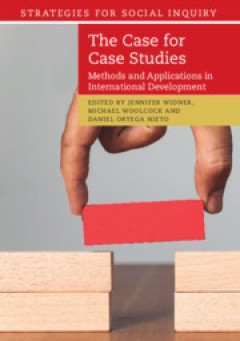
The Case for Case Studies : Methods and Applications in International Develop…
This book seeks to narrow two gaps: first, between the widespread use of case studies and their frequently 'loose' methodological moorings; and second, between the scholarly community advancing methodological frontiers in case study research and the users of case studies in development policy and practice. It draws on the contributors' collective experience at this nexus, but the underlying iss…
- Edition
- -
- ISBN/ISSN
- 9781108688253
- Collation
- xiii, 330 p
- Series Title
- -
- Call Number
- 300.72 CAS J
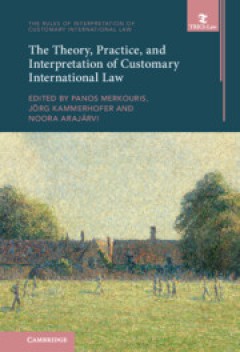
The Theory, Practice, and Interpretation of Customary International Law
Although customary international law (CIL) has been central to international law from its inception, it is often misunderstood. This edited volume remedies that problem by tracing the history of CIL and provides an in-depth study of its theory, practice, and interpretation. Its chapters tackle the big questions which surround this source of international law such as: what are the rules that reg…
- Edition
- -
- ISBN/ISSN
- 9781009025416
- Collation
- xxxiv, 648 p
- Series Title
- -
- Call Number
- 341 THE A
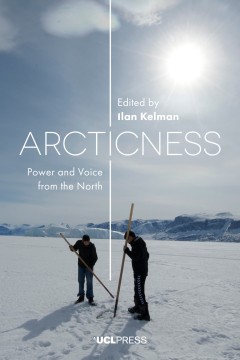
Arcticness : power and voice from the North
Climate change and globalisation are opening up the Arctic for exploitation by the world – or so we are told. But what about the views, interests and needs of the peoples who live in the region? This volume explores the opportunities and limitations in engaging with the Arctic under change, and the Arctic peoples experiencing the changes, socially and physically. With essays by both academic…
- Edition
- -
- ISBN/ISSN
- 9781787350137
- Collation
- xv, 204 p. ill;
- Series Title
- -
- Call Number
- 998 ARC I
 Computer Science, Information & General Works
Computer Science, Information & General Works  Philosophy & Psychology
Philosophy & Psychology  Religion
Religion  Social Sciences
Social Sciences  Language
Language  Pure Science
Pure Science  Applied Sciences
Applied Sciences  Art & Recreation
Art & Recreation  Literature
Literature  History & Geography
History & Geography